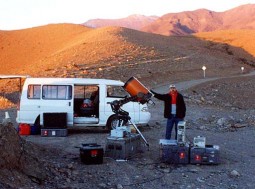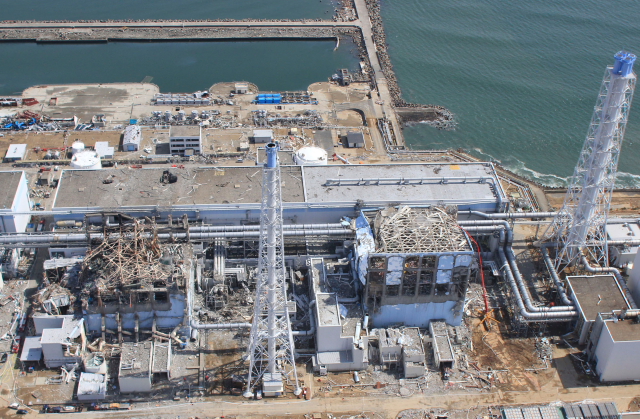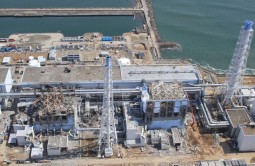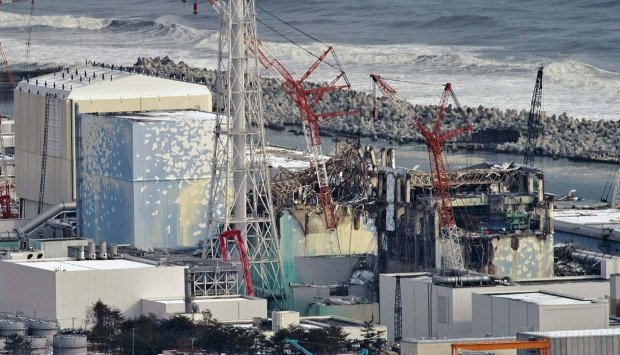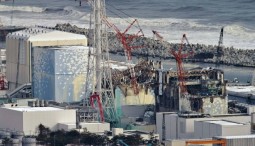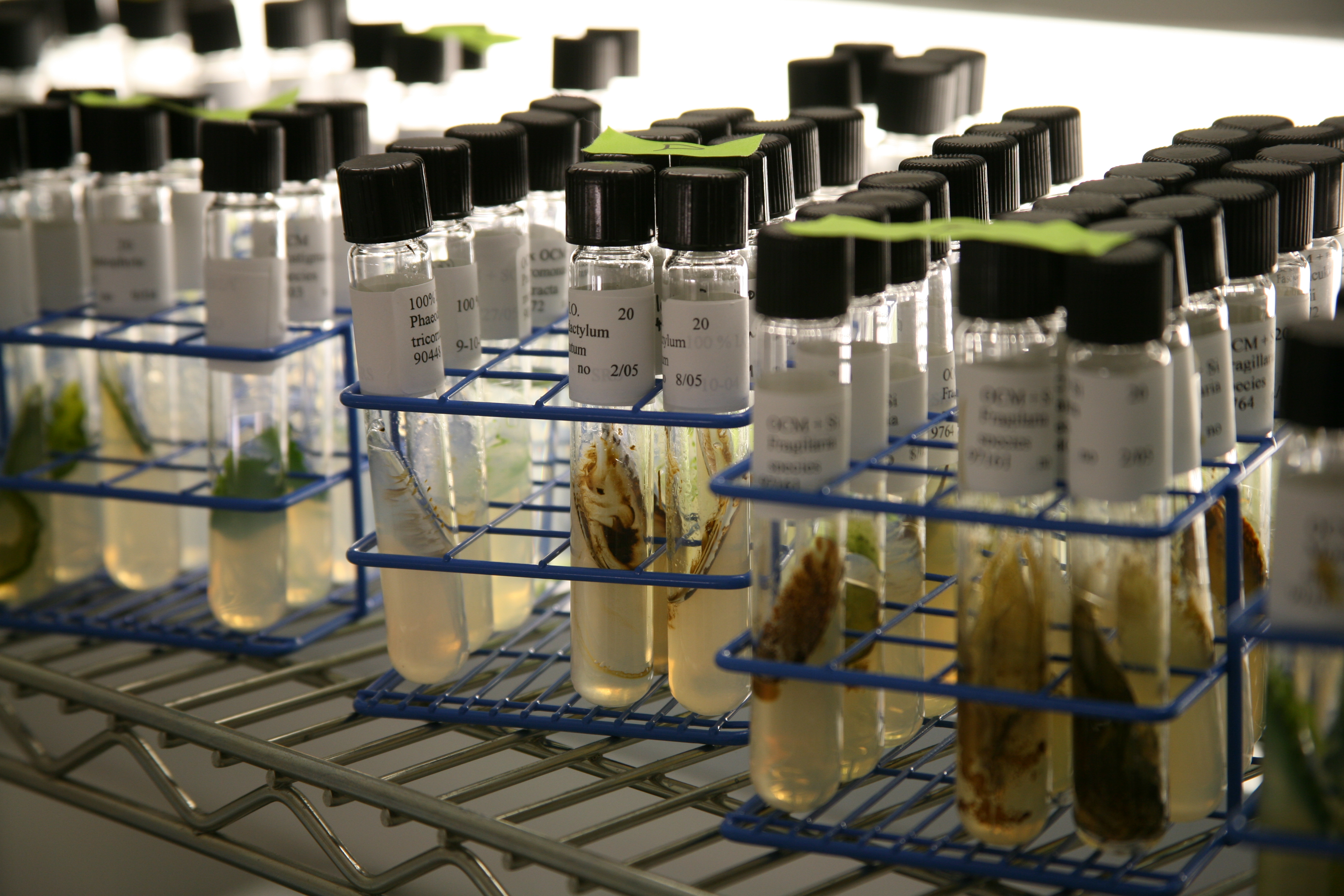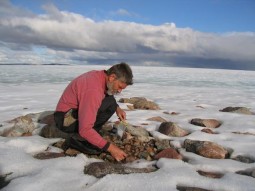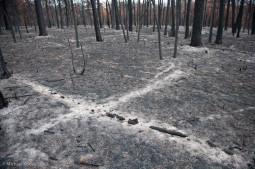
Photo courtesy www.earthtimes.org.
Feature #1 (starts 05:25): A sweeping new report on the state of climate change and its current and future impacts in the United States was recently released in draft form. It’s called the National Climate Assessment. It comes at a time when major storms and wildfires are increasing in many areas. And last year the continental U.S. experienced its hottest year ever recorded. How On Earth co-host Susan Moran interviews one of the participating authors of the report, Dr. Dennis Ojima. He’s a professor at Colorado State University in the Ecosystem Science and Sustainability Department, and a senior research scientist in the Natural Resource Ecology Laboratory. Dr. Ojima co-wrote the chapter on the Great Plains.
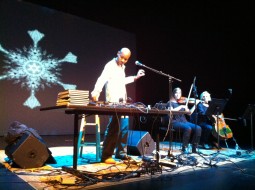
Feature #2 (starts 16:30): Paul D. Miller, a.k.a. DJ Spooky, says the pallet of a 21st-century artist is data. That’s certainly the approach he took after visiting Antarctica in 2007—Miller used scientific data from ice cores and other Antarctic sources to create musical motifs representing the southern continent, then blended them with live performers and his own hip-hop beats. Co-host Ted Burnham speaks with Miller about the process of “remixing” the frozen Antarctic landscape, and about how music and art offer new ways to make scientific topics such as climate change accessible and meaningful.
Producer: Susan Moran
Co-Hosts: Ted Burnham, Susan Moran
Engineer: Ted Burnham
Additional Contributions: Shelley Schlender
Listen to the show:
Podcast: Play in new window | Download (Duration: 24:37 — 22.5MB)
Subscribe: RSS

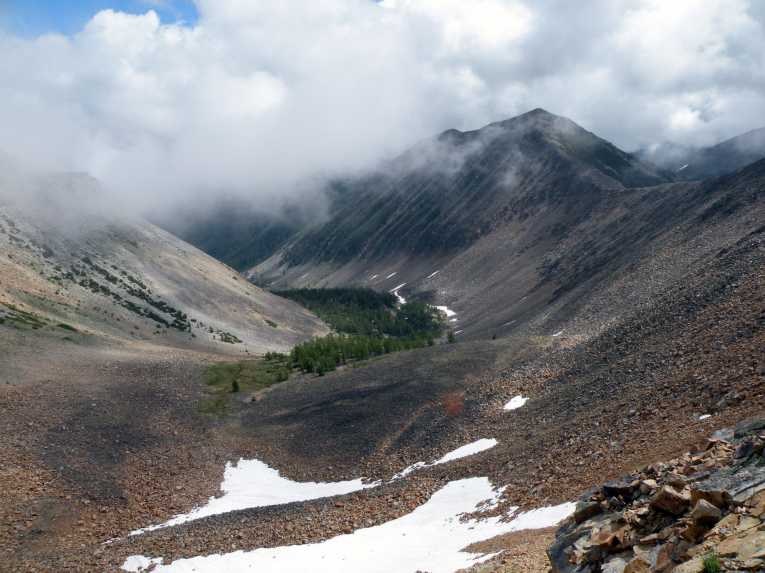


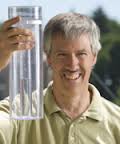

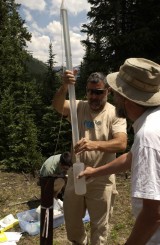

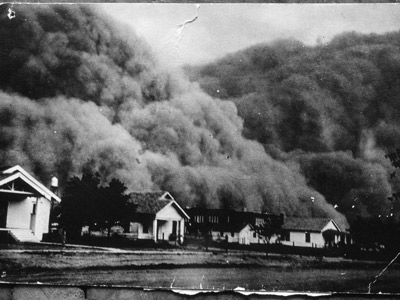

 Feature #2: Zero Population (start time 15:58)
Feature #2: Zero Population (start time 15:58) 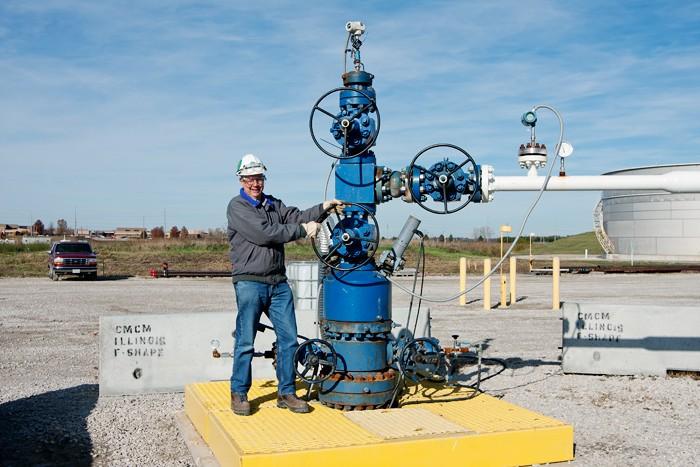

 Colorado Clean-tech Industry (Start time 16:14): It’s not news that we are in an economic downturn. Nor is it news that the world is facing monumental environmental problems. How about a way to kill two birds with one stone? Co-host Tom McKinnon discusses how with Wayne Greenberg, director of the Fellows Institute, which is sponsored by the
Colorado Clean-tech Industry (Start time 16:14): It’s not news that we are in an economic downturn. Nor is it news that the world is facing monumental environmental problems. How about a way to kill two birds with one stone? Co-host Tom McKinnon discusses how with Wayne Greenberg, director of the Fellows Institute, which is sponsored by the 

